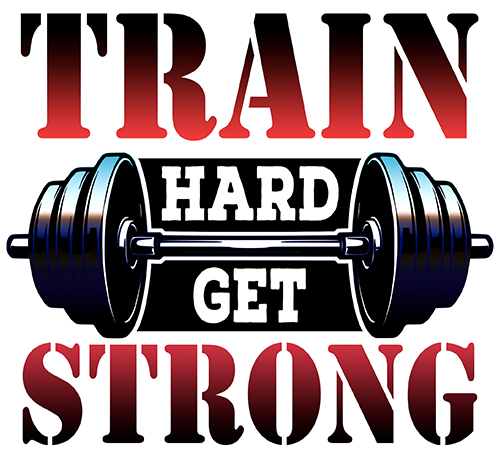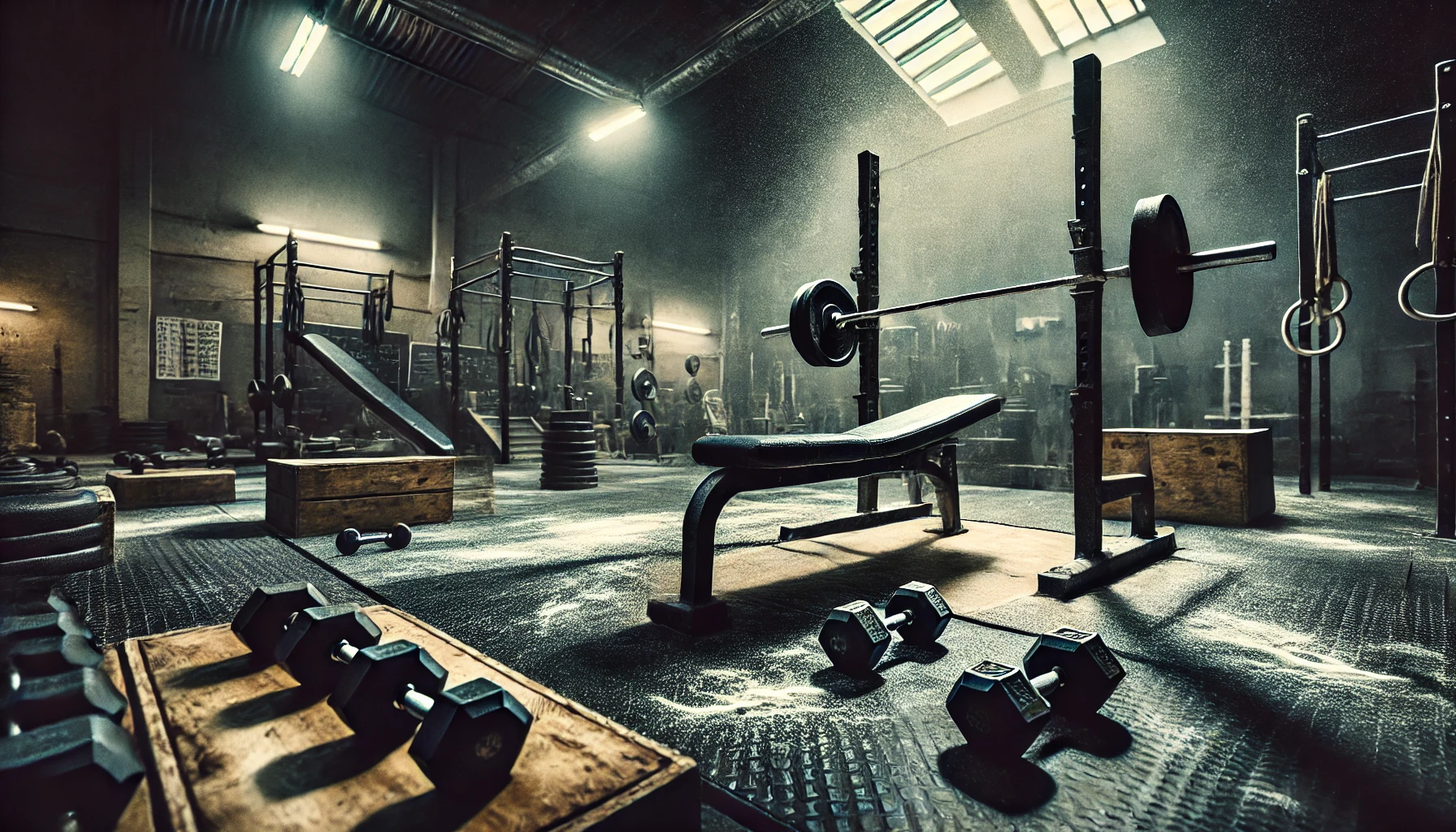Here’s a Body Recomposition Program designed to help you simultaneously lose fat and gain muscle. This program focuses on building lean muscle mass while burning fat through a combination of strength training, cardio, and nutrition strategies. The goal is to transform your body composition by increasing muscle mass and reducing body fat, resulting in a more toned and defined physique.
Goal: Lose fat and build muscle simultaneously by combining strength training, high-intensity interval training (HIIT), and a nutritional approach that supports fat loss while promoting muscle growth.
Day 1: Upper Body Strength Training
| Exercise | Sets | Reps | Reason for Exercise | Alternate Exercise |
|---|---|---|---|---|
| Barbell Bench Press | 4 | 6-8 | Focuses on building chest, triceps, and shoulder strength, promoting upper body muscle growth. | Dumbbell Chest Press |
| Pull-Ups (Assisted if needed) | 4 | 6-8 | Engages the back, shoulders, and arms, helping with upper body strength and muscle building. | Lat Pulldown |
| Dumbbell Shoulder Press | 4 | 8-10 | Strengthens the shoulders and triceps, improving pressing power and overall upper body development. | Arnold Press |
| Barbell Rows | 4 | 6-8 | Targets the back, biceps, and core, promoting muscle growth in the upper body and improving posture. | Dumbbell Rows |
| Incline Dumbbell Flyes | 3 | 10-12 | Focuses on isolating the chest, promoting muscle definition and strength in the upper body. | Chest Cable Fly |
| Bicep Curls | 3 | 12-15 | Targets the biceps to improve arm strength and muscle growth. | Dumbbell Curls |
Why these exercises?
- Barbell bench press and pull-ups are compound movements that engage multiple muscle groups, promoting overall upper body muscle growth.
- Dumbbell shoulder press and barbell rows target the shoulders and back, helping to create a balanced upper body and increase strength.
- Incline dumbbell flyes and bicep curls help sculpt and define the chest and arms, contributing to a toned upper body.
Day 2: Lower Body Strength Training
| Exercise | Sets | Reps | Reason for Exercise | Alternate Exercise |
|---|---|---|---|---|
| Barbell Squats | 4 | 6-8 | Focuses on developing strength and muscle mass in the legs, glutes, and core. An essential compound movement for overall muscle growth. | Goblet Squats |
| Romanian Deadlifts | 4 | 8-10 | Targets the hamstrings, glutes, and lower back, building posterior chain strength and muscle mass. | Dumbbell Deadlifts |
| Leg Press | 4 | 10-12 | Strengthens the quads, hamstrings, and glutes while allowing for high-volume training to stimulate muscle growth. | Bulgarian Split Squats |
| Walking Lunges | 3 | 12-15 (each leg) | Targets the quads, hamstrings, and glutes while improving balance and unilateral strength. | Reverse Lunges |
| Calf Raises | 3 | 15-20 | Focuses on building the calves and improving lower leg strength and stability. | Seated Calf Raises |
| Hip Thrusts | 3 | 8-10 | Focuses on glute activation, improving strength and muscle definition in the posterior chain. | Glute Bridges |
Why these exercises?
- Barbell squats and Romanian deadlifts engage the largest muscle groups, promoting overall strength and muscle growth.
- Leg press and walking lunges target the legs and glutes, improving lower body strength, mobility, and muscle definition.
- Calf raises and hip thrusts help develop lower leg and glute strength, rounding out the lower body for a balanced physique.
Day 3: High-Intensity Interval Training (HIIT)
| Exercise | Sets | Duration | Reason for Exercise | Alternate Exercise |
|---|---|---|---|---|
| Sprints (Treadmill or Outdoor) | 5 | 30 sec sprint, 30 sec rest | Focuses on burning fat and improving cardiovascular conditioning while maintaining muscle mass. | Cycling Intervals |
| Jumping Jacks | 4 | 30 sec | Full-body cardio movement that increases heart rate and burns calories, aiding in fat loss. | High Knees |
| Mountain Climbers | 4 | 30 sec | Engages the core, shoulders, and legs, promoting fat loss and improving cardiovascular endurance. | Burpees |
| Jump Squats | 4 | 30 sec | A plyometric exercise that increases heart rate and burns calories while engaging the glutes, quads, and calves. | Box Jumps |
| Kettlebell Swings | 4 | 30 sec | Engages the hips, glutes, and core, burning fat and improving strength and endurance in the posterior chain. | Dumbbell Swings |
| Rest | 1 | 1-2 minutes | Rest interval between exercises for recovery and maintaining intensity. | — |
Why these exercises?
- Sprints, mountain climbers, and jump squats are high-intensity movements that engage multiple muscle groups, improving cardiovascular fitness and fat burning.
- Kettlebell swings help burn fat while strengthening the posterior chain, contributing to a lean and toned physique.
Day 4: Full-Body Strength and Conditioning
| Exercise | Sets | Reps | Reason for Exercise | Alternate Exercise |
|---|---|---|---|---|
| Deadlifts | 4 | 6-8 | Focuses on the posterior chain, including the glutes, hamstrings, and lower back, helping to build total-body strength and muscle mass. | Trap Bar Deadlifts |
| Dumbbell Bench Press | 4 | 8-10 | Develops the chest, shoulders, and triceps, while also helping to increase overall muscle size and strength. | Barbell Bench Press |
| Pull-Ups (Assisted if necessary) | 4 | 6-8 | Strengthens the back and biceps, improving upper body pulling strength and stimulating muscle growth. | Lat Pulldowns |
| Dumbbell Step-Ups | 3 | 12-15 (each leg) | Targets the quads, glutes, and hamstrings while improving balance and coordination. | Lunges |
| Bicep Curls | 3 | 12-15 | Focuses on building the biceps and improving arm definition, contributing to overall muscle growth. | Hammer Curls |
| Tricep Dips | 3 | 10-12 | Strengthens the triceps and improves muscle tone in the upper arms. | Tricep Kickbacks |
Why these exercises?
- Deadlifts, dumbbell bench press, and pull-ups are compound movements that engage multiple muscle groups, helping to build strength and muscle mass.
- Step-ups and bicep curls isolate muscles for targeted growth and definition, promoting overall upper and lower body development.
- Tricep dips help build arm strength and contribute to a well-rounded, toned physique.
Nutrition for Body Recomposition
In addition to the exercise program, nutrition plays a critical role in achieving body recomposition. Here are some key principles to follow:
- Protein: Aim to consume 1.6-2.2 grams of protein per kilogram of body weight to support muscle growth and repair. Protein is essential for preserving muscle while losing fat.
- Sources: Chicken, turkey, lean beef, fish, tofu, legumes, eggs, dairy, protein powder.
- Caloric Deficit: To lose fat, maintain a slight caloric deficit. Aim for about 200-500 calories less than your total daily energy expenditure (TDEE). This will help you lose fat while preserving muscle.
- Carbohydrates: Carbs are important for fueling workouts and recovery. Focus on complex carbs like whole grains, sweet potatoes, and vegetables for sustained energy.
- Sources: Brown rice, oats, quinoa, sweet potatoes, leafy greens.
- Healthy Fats: Include healthy fats in your diet to support hormone balance and overall health.
- Sources: Avocados, olive oil, nuts, seeds, fatty fish.
- Hydration: Staying hydrated is essential for muscle function and recovery. Aim to drink at least 8 cups (2 liters) of water a day.
Program Overview
Frequency:
- 4 Days per Week: Strength training and conditioning are combined to maximize fat loss and muscle gain. Rest days are incorporated for recovery.
Duration:
- Each session lasts 45-60 minutes, depending on the number of exercises and sets performed.
Progression:
- Gradually increase weights and resistance for strength exercises.
- Increase the intensity of HIIT workouts by shortening rest times or adding more intervals.
- Consistently track progress and adjust nutrition or workouts as needed.
Rest Between Sets:
- For strength exercises, rest 1-2 minutes between sets.
- For HIIT, rest 30 seconds – 1 minute to maintain intensity.
Conclusion
This Body Recomposition Program is designed to help you simultaneously build lean muscle and burn fat. By combining strength training, HIIT, and a balanced nutritional plan, you’ll see improvements in muscle mass, fat loss, and overall fitness. Stick to the program, focus on progressive overload, and stay consistent with your nutrition to achieve the best results.

